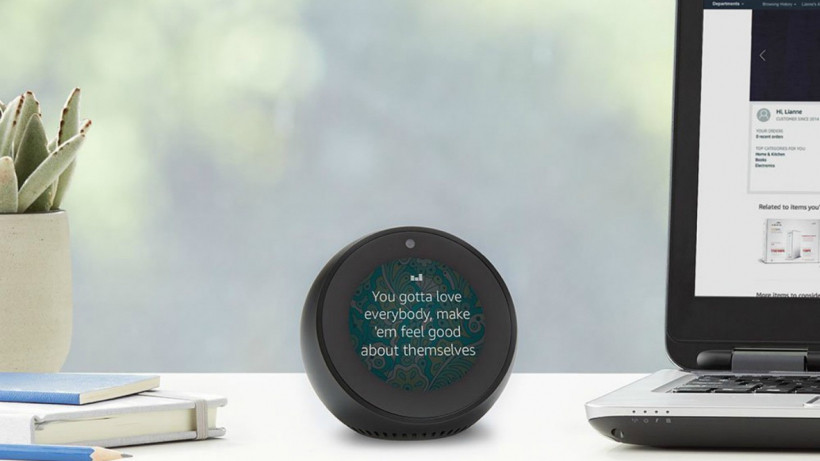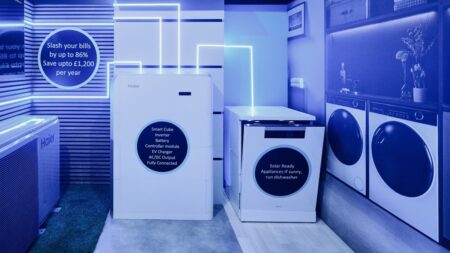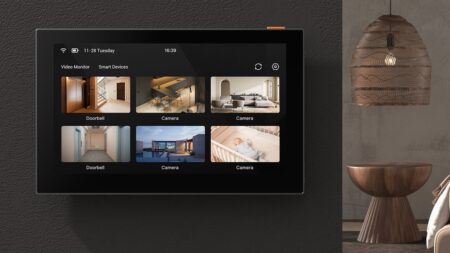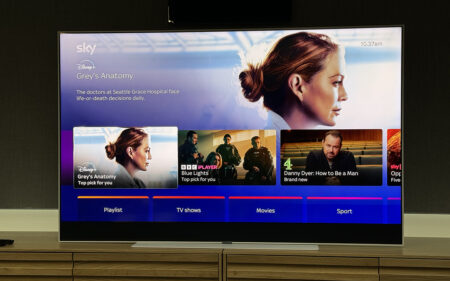Can a smart speaker really ease social isolation?
An increasing number of US households have welcomed digital voice assistants like Amazon Alexa and Google Assistant into their homes by way of smart speakers. Earlier this year, analytics company comScore reported that 20% of Wi-Fi-enabled households in the US now have a smart speaker, which translates to 18.7 million homes. This growth has been steady over the past year or so, driven by lower price points and a larger variety of devices.
This rising prevalence of home-based voice assistants has led some healthcare experts to wonder whether Alexa can go beyond just playing music and dimming the lights, to actually helping patients in need. Can we reduce feelings of social isolation in the elderly with a smart speaker app? What about automating speech and voice therapy for children?
Read this: What smart speaker makers are getting wrong
A recent hackathon at the University of Southern California explored the ways that developers could harness the power of voice to help people in need live healthier lives. The Voice Assistants for All Hackathon, a collaboration between the USC Center for Body Computing and the WITH Foundation, challenged teams to develop a digital health app that would help those underserved by the traditional US healthcare system. The 24-hour hackathon took place 12-13 July in Playa Vista, California, concluding with a pitch from each of the five finalists to a panel of expert judges.
Existing speech therapy is often very repetitive and boring
“The hackathon came about as part of USC’s Center for Body Computing and the WITH Foundation’s work to ensure that the future of digital health includes the perspective and experiences of adults with intellectual and developmental disabilities,” Ryan Easterly, executive director of the WITH Foundation, told The Ambient. “With much of our health being shaped at home, there is an opportunity to use a home-based voice-controlled intelligent personal assistant as a tool to help address healthcare needs.”
The winning team created Amplify, a speech therapy program for children with cerebral palsy to use at home. Cerebral palsy refers to a group of neurological disorders that permanently affect body movement and muscle coordination. More than a third of individuals with cerebral palsy have speech and language disorders, such as difficulty forming words and speaking clearly.
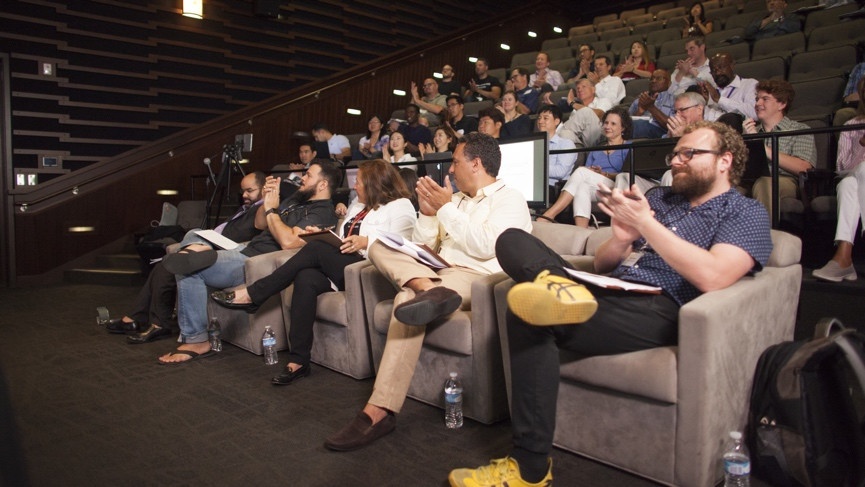
“The reason why existing solutions for speech therapy and delivering it tend to fail have to do with things like financial disadvantage, having to actually travel some distance to a speech therapist, and of course, the therapy itself is often very repetitive and boring,” said Chris Laine, Amplify team member and a Research Assistant Professor at USC’s Division of Biokinesiology and Physical Therapy.
As a home-based option, Amplify is an interactive, choose-your-own-adventure system for a patient to use at home with family. It employs a common speech therapy methodology for cerebral palsy called Lee-Silverman Voice Treatment folded into a magic-based fantasy game where the exercises move the story forward. For instance, Amplify’s narrator will tell the child to repeat an important code word to become part of the team, or to hold a vowel sound to get through a particular maze. Team Amplify was awarded $10,000 for their win.
“I imagine [Amplify] as an adjunct to physician or clinician,” said Juan Espinoza, a judge and pediatrician at Children’s Hospital Los Angeles. “So you have your speech therapist who assigns you the specific story as homework before the next session, and this is really a way to enhance and fill in those gaps.”
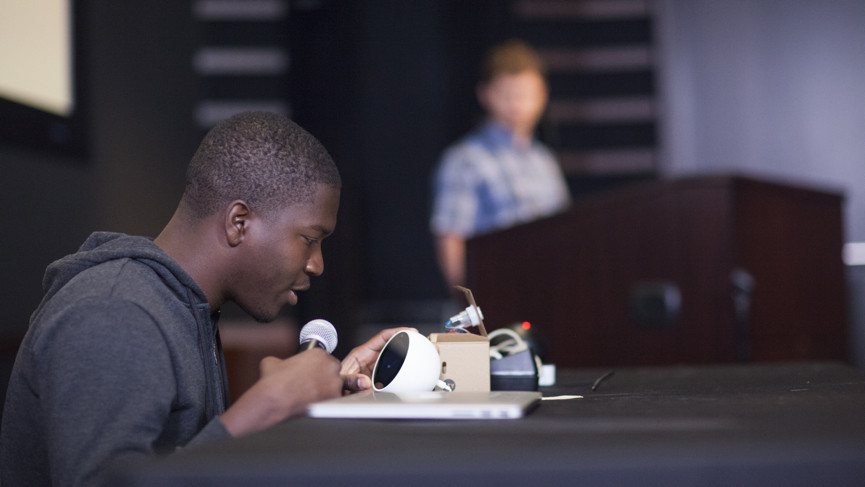
Taclking medication and social isolation
Another team presented Meddi, an intelligent personal companion based on the Alexa platform to remind and encourage patients at home to take their medication. Studies have shown that medication non-adherence costs in the U.S. add up to approximately $290 billion, or 13% of total healthcare spending. In addition, the problem remains a major source of morbidity for elderly patients.
The program tries to determine whether the person is lonely by asking them questions during the adventure
Once the program is personalised with an individual’s medications, Meddi can remind them which medications they need to take at the right time of day. Patients can ask what the medications are for and what would happen if they didn’t take them. The team also brainstormed different ways to motivate elderly patients to take their medications within Meddi, such as a customised Spotify playlist from a family member as a reward for checking in a certain number of times.
Team Eidla created a digital companion designed to combat social isolation in older adults. Through Alexa, it transports users to a different planet called Eidla that they can explore and where they can interact with aliens. The program tries to determine whether the person is lonely by asking them related questions during the adventure and will notify family members accordingly.
Overall, the judges were impressed with the hackathon results and, in particular, the ability of teams to address a healthcare need through the use of voice assistants. The efforts demonstrated that seniors and individuals with developmental disabilities could benefit from having a smart speaker at home if programs like the ones presented were further developed.
“As digital health continues to evolve and new models of healthcare delivery are developed, it is crucial that they meet the needs of adults with intellectual and developmental disabilities as well as seniors,” said Easterly. “If digital health meets the needs of individuals with fewer resources… it results in better technology for all, and therefore better healthcare for all.”


